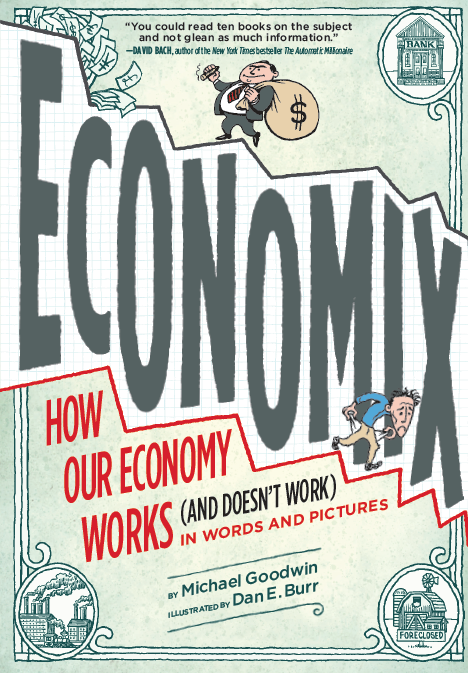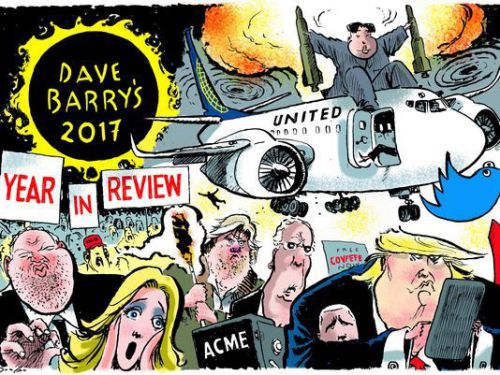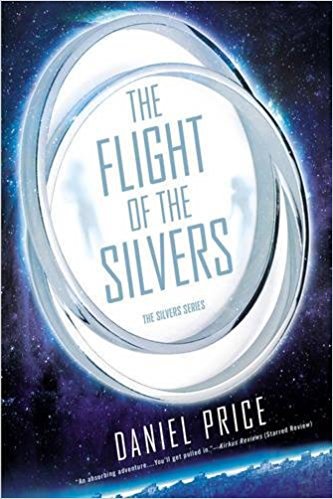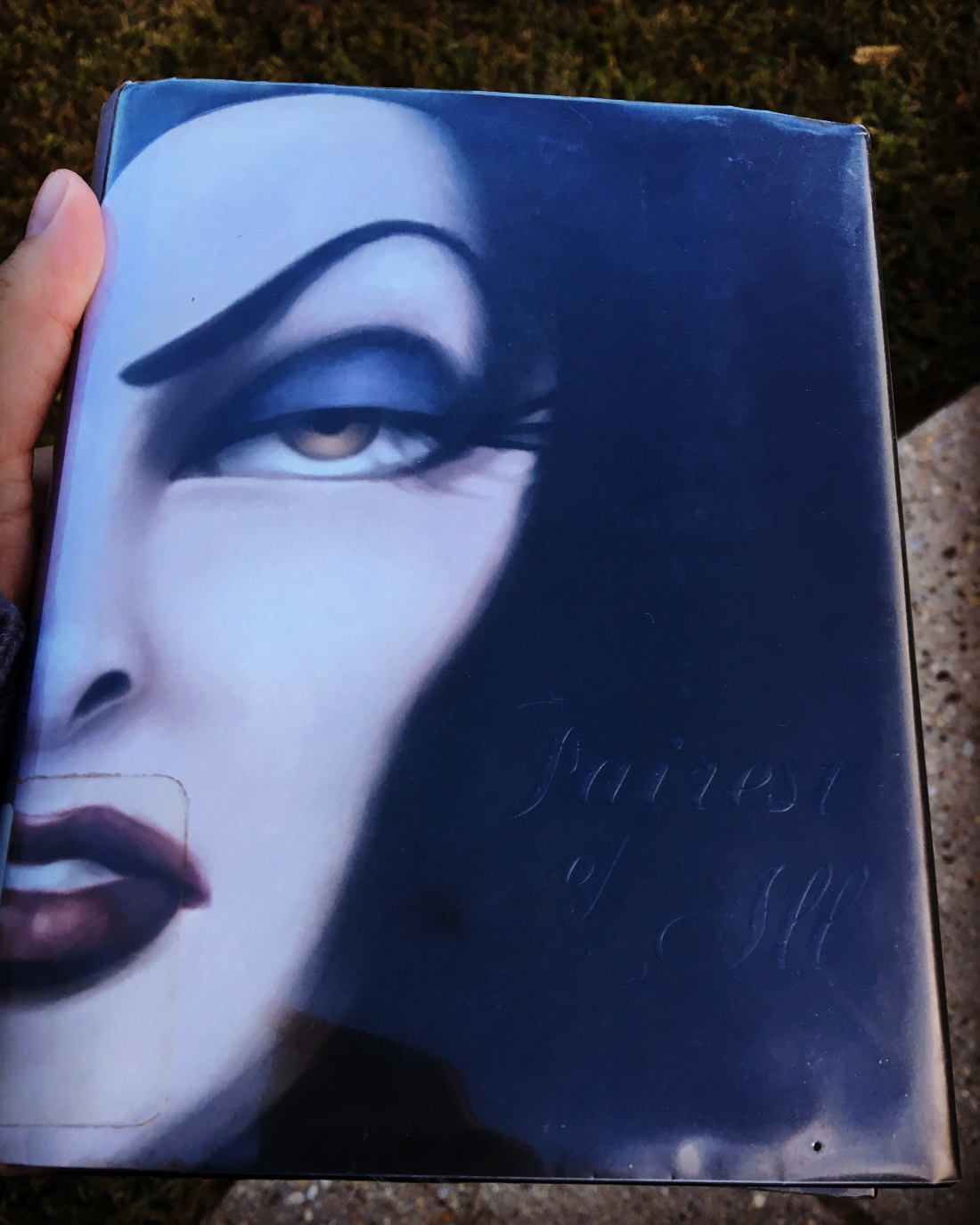
I’m not sure how and what sparked my interest in economics, perhaps it was Kathryn Tanner’s Economy of Grace or the fact that I’m disillusioned by both capitalism and communism or the fact that I am in near constant financial crisis (aka, the normal graduate student life and post-American-college-with-their-stupid-student-debt). Nevertheless, I am glad I read this.
Economix came up as one of the most recommended introductions to the history of economics — according to Reddit. I appreciate how Michael Goodwin opens the book: he confesses that modern economists are, at times, beyond confusing and inconsistent and that primary sources are the way to go. When he went back to the original sources, the sources all the modern economists were quoting, he found that (1) primary sources were more often than not taken out of context and (2) primary sources had some faulty assumptions and ideals [like the Supple and Demand chart assumes an ideal economy with stagnant desires, resources, political climate, etc. In this sense, the Supple and Demand chart is a very flat, 2-dimensional model]. For example, laissez-faire (“let it be”) might have worked in a pre-industrialized, pre-technologically-advanced, pre-globalized country–but the success was short lived. Most 20th century communism models picked and choose what they liked from Marx (to his great frustration, assumingly). Reagonomics, tickle-down economics, and tax cutting the rich and major corporations pretty much ruined everything. So, along with Reddit, I cannot recommend this enough. Plus, the comic book form is amazing. The book, though, is not without faults, but as an introduction it is very informative.
Economics is much more than just money — it is political, psychological, sociological, philosophical, and, agreeing with Tanner, theological. So, as much as I did not want to learn a lick of economics, as someone who wants to be a theologian, I must learn more economics: it is both exciting and dreadful.
Advertisements Like this:Like Loading...




